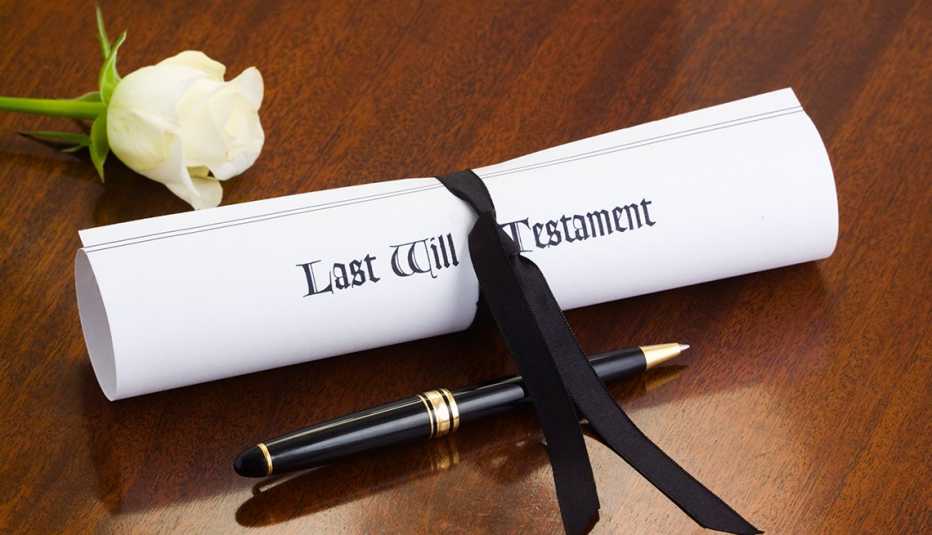AARP Hearing Center


You may think that because you’ve drafted a will, you don’t have to worry about your possessions being divided up according to your wishes after you die. Not so. There are other precautions you must take to ensure that your wishes will be followed.
Here’s a checklist to help you make sure your estate is settled the way you want.
Get a will
The backbone of your estate is a will. It directs how you want your goods split up and can include unusual provisions, such as one stipulating an annual séance (Harry Houdini), bequeathing the second-best bed (William Shakespeare) or requesting to be buried in a Pringles can (Fredric Baur, inventor of the famed container).
If you pass away without a will, called dying intestate, your estate will be handled by a probate court and your goods distributed according to local law. Not only could this mean that your spouse gets more (or less) than you intended — it could also mean that your children don’t get as much as you intended .
You may also wind up giving more money to lawyers and the state than you would have wanted. When you die intestate, the court appoints an executor to divvy up your goods. The probate process is time-consuming and expensive: Court fees, lawyer fees and appraisal fees can add up quickly. So, see a lawyer and get a will if you don’t already have one.
Check your beneficiaries
But that’s not all you should do, financial planners say. You should also check all your financial accounts to make sure your beneficiaries have been updated. If you’re divorced, for example, an account owned jointly by you and your ex-spouse will go directly to your ex-spouse if you haven’t changed the beneficiary on the account, no matter what your will says.





































































More From AARP
3 Retailers that Sell Gold
These stores make it easy to buy gold barsWant to Buy Gold? Here Are 5 Mistakes to Avoid
Gold is known as an inflation hedge, but it has its own pitfallsHow to Stop Stalling on Your Estate Plan
Simple steps to get your affairs in order